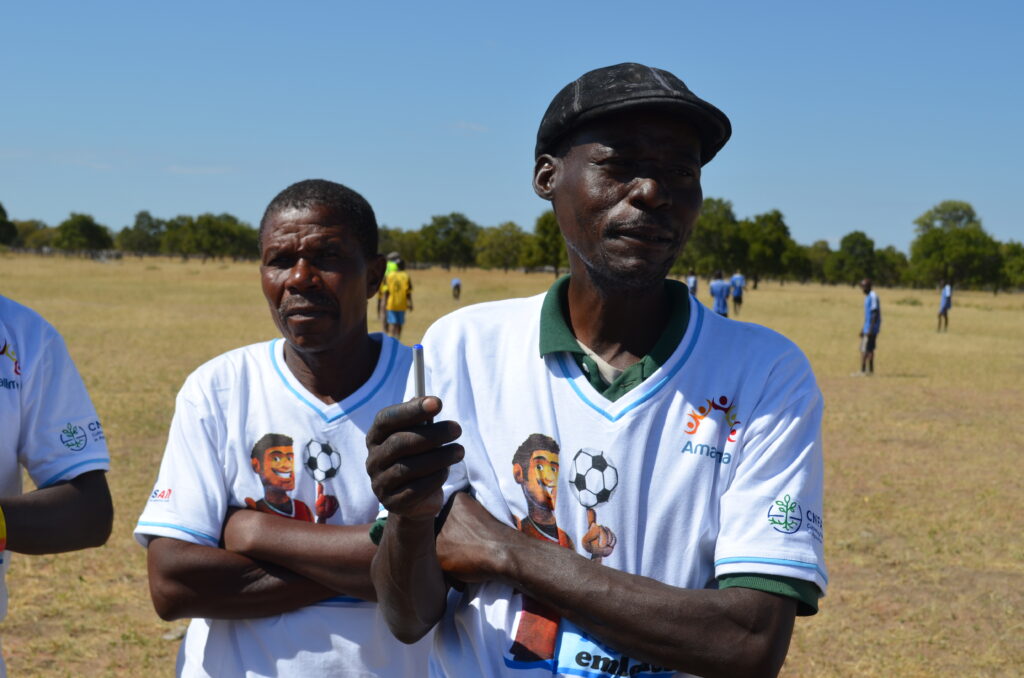Amalima Loko
Amalima Loko, funded by the Bureau of Humanitarian Assistance and led by CNFA, is designed to improve food security in Zimbabwe through increased food access, sustainable watershed management and improved livlihoods and health. Amalima Loko builds on the legacy of its predecessor Amalima, a seven-year Resilience Food Security Activity also implemented by CNFA and TMG that worked to sustainably improve food security and nutrition for vulnerable Zimbabwean households. Amalima Loko seeks to elevate the livelihoods of more than 67,000 vulnerable households across five districts of Zimbabwe’s Matabeleland North: Binga, Hwagne, Lupane, Nkayi, and Tsholotsho. To accomplish this, the program utilizes a Community Visioning approach designed to strengthen community and household-level resilience, promotes nutrition-sensitive initiatives including a blanket food distribution program, and improves watershed infrastructure and practices that provide long-term foundations for improved resilience and agriculture-based livelihoods. TMG provides our expertise through several staff on the project who are tasked with designing and implementing social and behavior change (SBC) activities across all project purposes; contributing to formative research design and implementation as part of USAID’s “Refine and Implement” model leading to SBC strategies including a Communication Plan to promote the adoption of improved behaviors for critical program activities. TMG will support implementation of SBC activities by orienting and mentoring program staff to become agents of social and behavior change and in activities directly with key stakeholders, especially participating families. Beginning with the formative research and continuing with M&E plan, TMG is supporting collaborative learning and will actively participate in the adaptation of activities to enhance behavioral outcomes. As we did on Amalima TMG will document and disseminate successes, challenges, and learnings related to SBC.

A Male Champion talks with his friends and neighbors as part of TMG’s SBC work for the Amalima project.